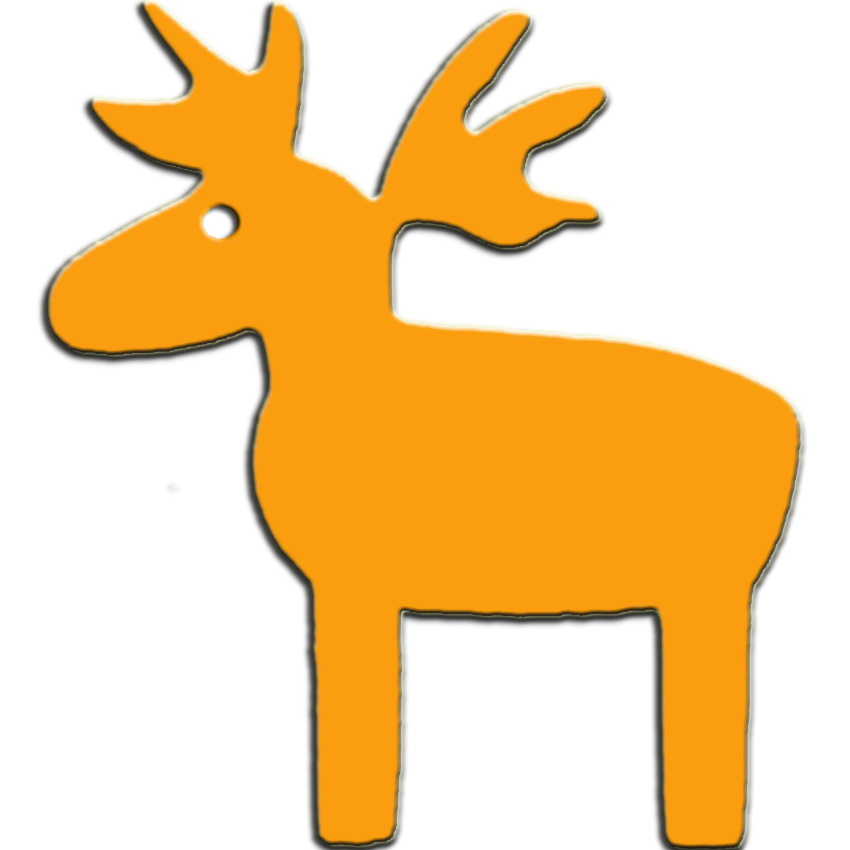Python functions
There are many python’s function types. Such as if-else, if-elif-else, for in, while,
lambda etc.
learning_python_func.py
#!/usr/bin/env python
# -*- coding: utf-8 -*-
__author__ = "Huang Moyue"
__version__ = "0.01"
__date__ = "09/19/2014"
__copyright__ = "Copyright 2014 Huang Moyue"
"""
if else structure
"""
import statsout
def my_abs(x):
if x >= 0:
return x
else:
return -x
"""
while structure
"""
def my_power(x,y):
tmp = 1
while y > 0:
y = y - 1
tmp = tmp * x
return tmp
def my_power_5(x, y = 5):
tmp = 1
while y > 0:
y = y - 1
tmp = tmp * x
return tmp
"""
For loop structure
"""
def my_for_in():
temp = 0
for i in range(2,10):
for j in range(1,i):
temp = temp + i + j
return temp
"""
Internal function
range(), len()
"""
def my_range_len():
a = ['Mary', 'had', 'a', 'little', 'lamb']
for i in range(len(a)):
print i, a[i]
"""
function doc
"""
def func_doc():
"""
test the function doc!
print test_func_doc.__doc__
"""
pass
"""
lambda
example: lambda var: logc
"""
def lambda_func():
print "Show how lamanda work:", (lambda x:x*3)(4)
'''
fib function
'''
def fib(n):
a, b = 0, 1
while a < n:
print a
a, b = b, a+b
def fib_list(n):
a, b = 0, 1
result = []
while a < n:
result.append(a)
a, b = b, a+b
'''
return a list object
'''
return result
'''
input argument contain list and xingcan
'''
def f(a, L=[]):
L.append(a)
return L
#*argument means list
#**keywords means dict
def cheeseshop(kind, *arguments, **keywords):
print "-- Do you have any", kind, "?"
print "-- I'm sorry, we're all out of", kind
#list, for loop to catch the data
for arg in arguments:
print arg
print "-" * 40
#dict, for loop to catch the data
keys = sorted(keywords.keys())
for kw in keys:
print kw, ":", keywords[kw]
#getattri
def test_getattri(self):
li = ['test1','test2']
getattr(li, "append")("test3")
print li
def output(data, format="text"):
output_function = getattr(statsout, "output_%s" % format, statsout.statsout_text)
return output_function(data)
testing_func.py
#!/usr/bin/env python
# -*- coding: utf-8 -*-
__author__ = "Huang Moyue"
__version__ = "0.01"
__date__ = "09/19/2014"
__copyright__ = "Copyright 2014 Huang Moyue"
import unittest
from unittest import TestCase
from learnpy.learning_func import my_abs
import learnpy.learning_func
from learnpy.learning_func import lambda_func
from learnpy.learning_func import cheeseshop
class Test_learn_func(TestCase):
def test_abs(self):
self.assertEqual(5,my_abs(-5))
def test_power(self):
self.assertEqual(100, learnpy.learning_func.my_power(10,2))
self.assertEqual(32, learnpy.learning_func.my_power_5(2))
def test_for_in(self):
self.assertEqual(360, learnpy.learning_func.my_for_in())
def test_range_len(self):
learnpy.learning_func.my_range_len()
def test_func_doc(self):
print learnpy.learning_func.func_doc().__doc__
def test_lambda(self):
lambda_func()
def test_cheeseshop(self):
cheeseshop('Limburger', 'It\' very runny, sir',
"It's really very, VERY runny, sir.",
shopkeeper='Michael Palin',
client="John Cleese",
sketch="Cheese Shop Sketch")
if __name__ == '__main__':
unittest.main()
